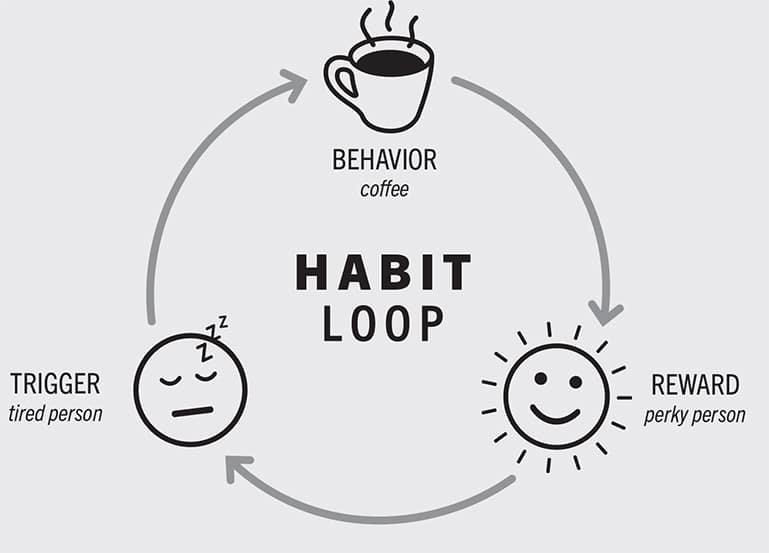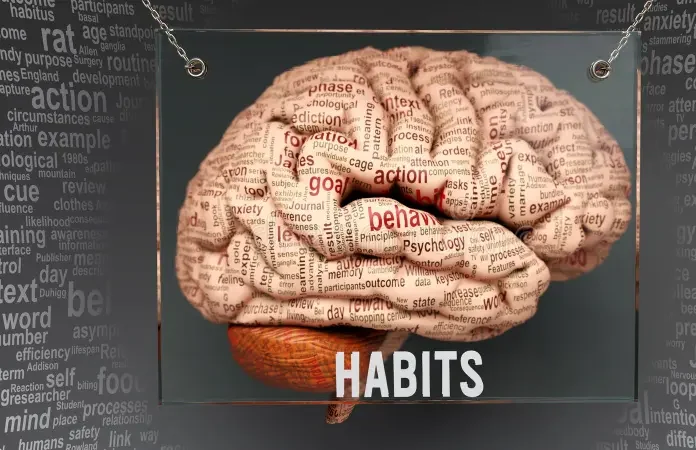Introduction to Habit Formation
Understanding the science of habit formation can help us create positive changes in our lives. Habits, whether good or bad, are behaviors that become automatic through repetition. This blog post will delve into the mechanisms behind habit formation and provide insights into how we can develop new, healthier habits.
Also Read This : The Wellness Benefits of Life Insurance: A Comprehensive Guide
The Habit Loop

The habit loop is a concept introduced by Charles Duhigg in his book ‘The Power of Habit.’ It consists of three parts: cue, routine, and reward. The cue triggers the behavior, the routine is the behavior itself, and the reward reinforces the habit by providing satisfaction or relief.
The Role of the Brain

Our brains play a crucial role in habit formation. The basal ganglia, a region in the brain, is responsible for storing automatic behaviors. When a habit is being formed, the brain activity shifts from the prefrontal cortex, which handles decision-making, to the basal ganglia. This shift allows the brain to conserve energy by automating repetitive tasks.
The Importance of Consistency
Consistency is key when it comes to forming new habits. Repetition strengthens the neural pathways associated with the behavior, making it more automatic over time. Research suggests that it takes an average of 66 days to form a new habit, although this can vary depending on the complexity of the behavior.
Breaking Bad Habits
Breaking bad habits involves disrupting the habit loop. One effective strategy is to identify and alter the cue or reward associated with the behavior. For example, if stress triggers unhealthy eating, finding alternative stress-relief methods like exercise or meditation can help break the cycle.
Creating Positive Habits

To create positive habits, start small and gradually build up the behavior. Setting specific, achievable goals can help maintain motivation. Additionally, tracking progress and celebrating small victories can reinforce the new habit and make it more likely to stick.
Conclusion
Understanding the science of habit formation provides valuable insights into how we can develop and maintain healthy behaviors. By leveraging the habit loop, being consistent, and making small, incremental changes, we can effectively build new habits and improve our overall well-being.
